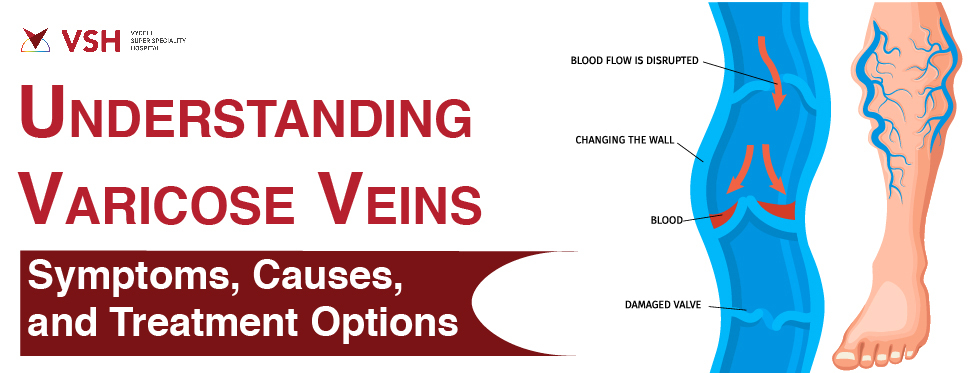
Varicose veins, those bulging, swollen veins often seen on the legs, are a common vascular condition affecting millions worldwide. While primarily a cosmetic concern, varicose veins can also lead to discomfort, pain, and even complications like skin ulcers and blood clots. Understanding the symptoms, causes, and treatment options for varicose veins is crucial for effective management and prevention.
The most noticeable symptom of varicose veins is their appearance: enlarged, twisted, and protruding veins, often resembling blue or purple cords beneath the skin. These veins typically appear on the legs, but they can also affect other areas like the thighs, groin, and even the scrotum. Other common symptoms associated with varicose veins include:
Varicose veins arise from a malfunction of the one-way valves within veins, responsible for ensuring blood flow towards the heart. When these valves weaken or become damaged, blood starts to pool and backflow, causing the veins to enlarge and twist. Several factors can contribute to the development of varicose veins, including:
While varicose veins may not pose a serious health threat, treatment is often sought to alleviate discomfort, improve appearance, and prevent complications. Treatment options can be broadly categorized into conservative and invasive approaches:
Conservative Measures:
Invasive Procedures:
Selecting the right hospital for varicose vein treatment is crucial for achieving optimal outcomes. Consider factors such as:
Varicose veins, while a common condition, can significantly impact one’s quality of life. Understanding the symptoms, causes, and treatment options empowers individuals to make informed decisions about their healthcare. By seeking timely consultation at VSH with our qualified vascular specialist and considered the best hospital for varicose vein treatment, individuals can embark on a path to relief and improved well-being.
We are open for you 24/7
Address and location
2, Vittal Mallya Rd, Ashok Nagar, Bengaluru, Karnataka 560001
Located in the heart of the Garden City’s central business district, VSH will be the hospital of choice for Bangalore. An iconic structure and the first ..
Contact Us
Location
© 2024 VSH Hospital. All rights reserved.